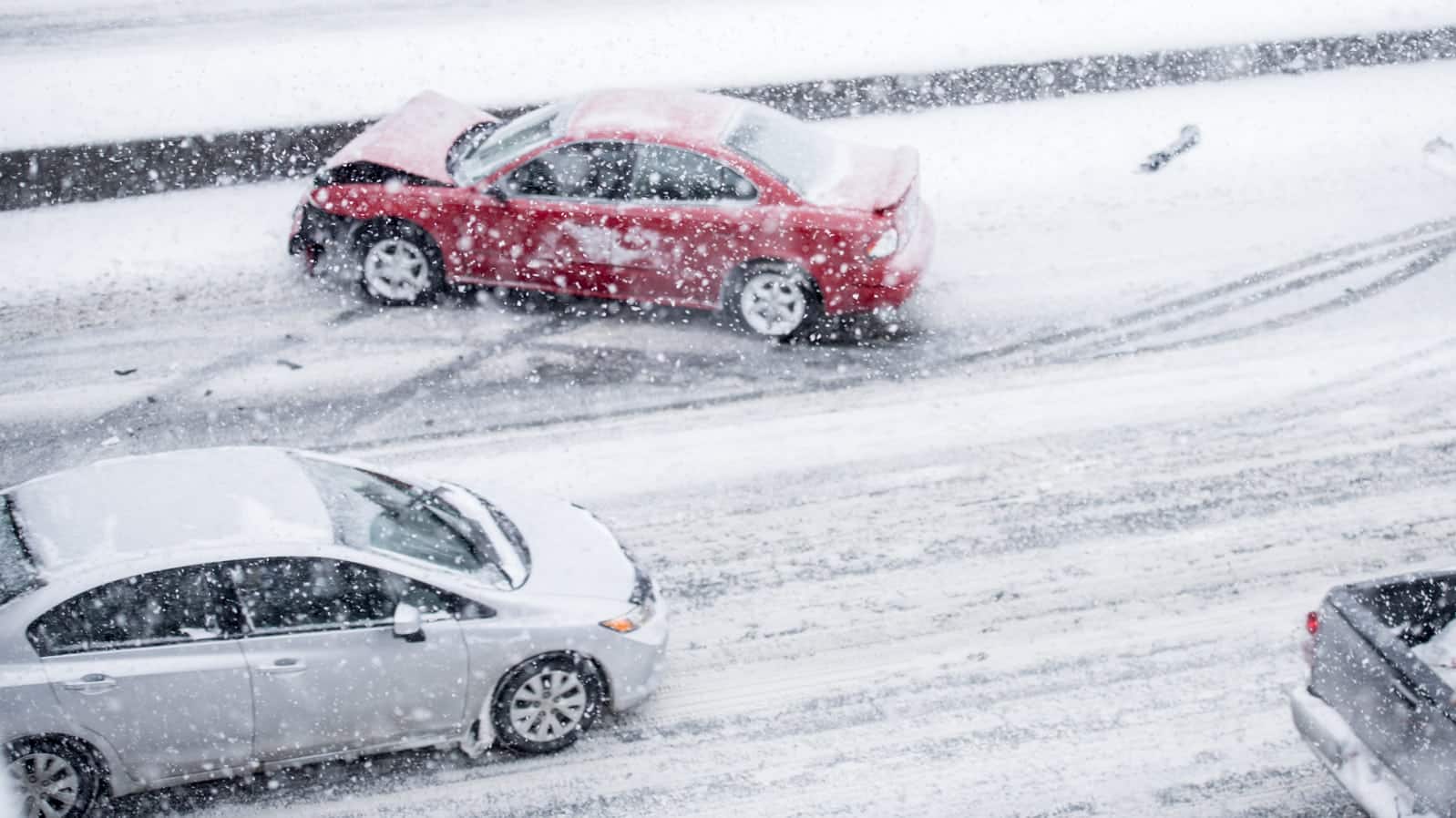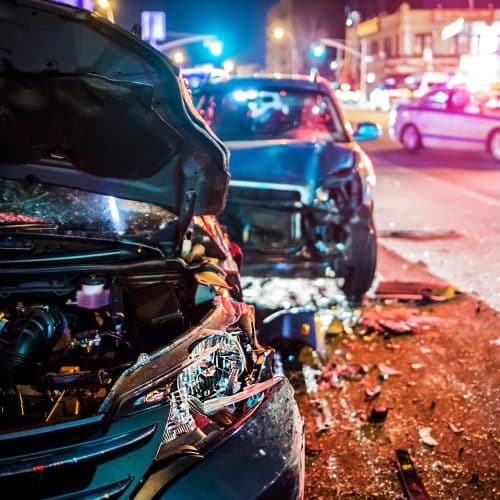It’s no secret that bad weather can cause an auto accident, even if you were driving extremely carefully. In fact, the Federal Highway Administration reports that of the 5.8 million car accidents that occur every year in the United States, roughly 21% of them are due to poor weather conditions. Massachusetts residents know all too well that snow and ice can be unforgiving if you over-correct or make a sudden movement.
So, how does weather affect who is at fault in a car accident? It definitely has an impact, but you may be surprised how insurance companies and even the court will consider the weather in a car accident case. A Massachusetts car accident attorney will help you use weather to your advantage in your case if necessary.
Negligence and Car Accidents
Fault in a car accident is determined by whether one party was “negligent.” Negligence is a commonly used legal term that could also mean that one party was careless or inattentive. That is, if someone involved in a car accident is careless or inattentive, and that caused the accident, then they may also be legally at fault.
Weather is one of many factors that the court or insurance company will consider when determining if the driver was negligent. Other factors may include:
- Speeding
- Road conditions
- Distraction
- Driver experience
- Problems associated with the vehicle (windshield wipers, headlights, etc.)
- Intoxication
- Visibility
The standard for negligence is how a reasonable driver would have acted under the same or similar situations. That means that all of the circumstances need to be considered in an evaluation about negligence, including whether.
Weather and Reasonableness
Most drivers realize that they have to adjust their driving habits according to the demands of the road. On an average, sunny day, you likely will drive the speed limit on an otherwise clear road. When the weather changes, however, those actions might also change.
Consider an example. If you are driving in heavy snow, you likely will slow down and brake farther in advance than you would under normal conditions. If you fail to slow down, then you may not be acting in a reasonable way. That is, you are not doing what most drivers would do in those circumstances. If you are driving too fast for the conditions of the road, that will affect a determination of fault.
There are no standard requirements for how you must act in certain weather conditions, which makes evaluating how the weather effects fault even more difficult. In fact, drivers are overly cautious in some situations, which can also result in accidents.
Getting Help After a Car Accident
Weather is just one of the many factors that the court or an insurance company will consider when evaluating negligence. Weather is never a valid excuse for poor driving in itself. If you have been involved in a car accident, even if the weather was a factor, contact Jim Glaser Law today at 781-689-2277 or fill out our online form to request a free case evaluation.

















